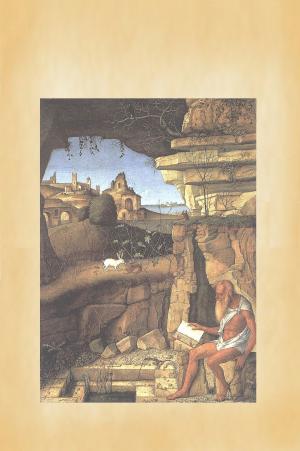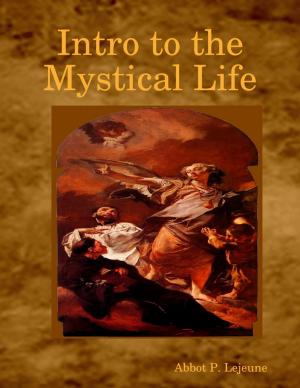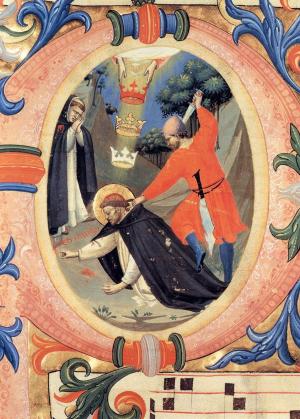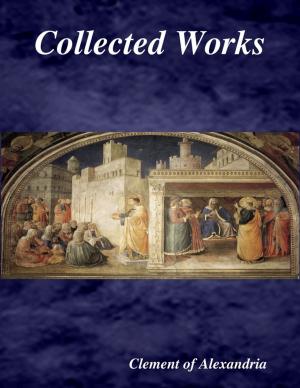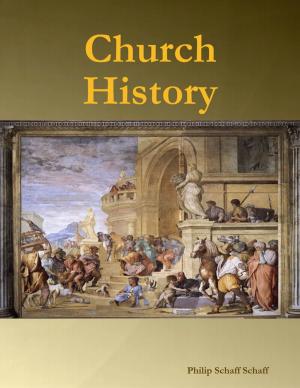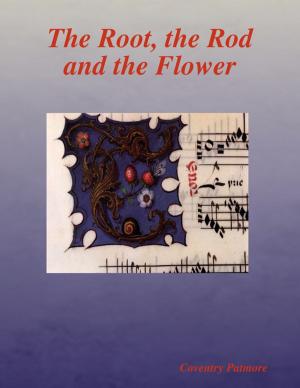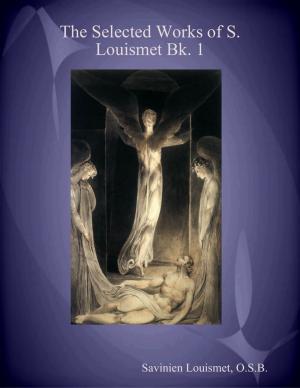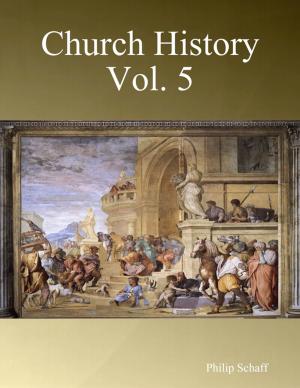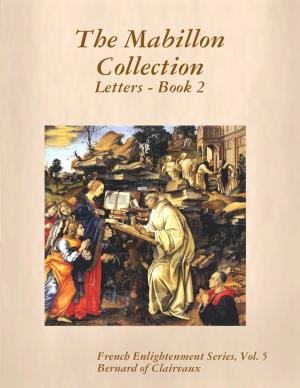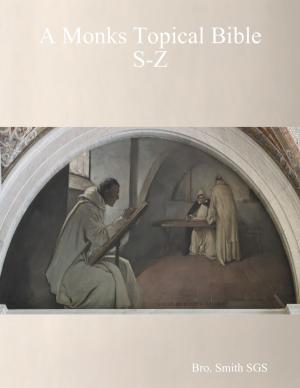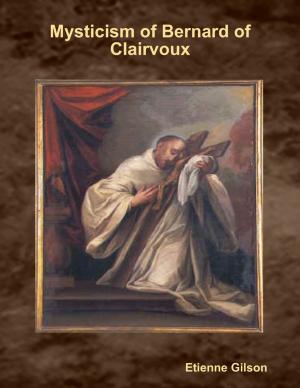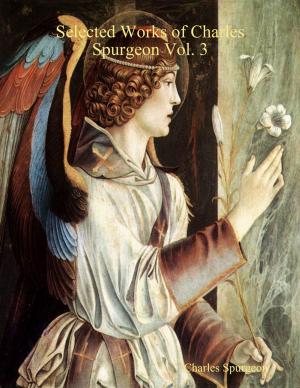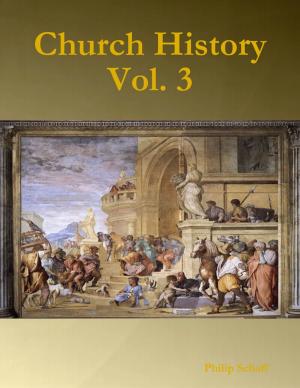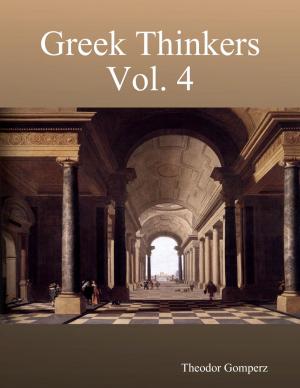| Author: | Ramon Lull | ISBN: | 9781936392292 |
| Publisher: | Revelation Insight | Publication: | June 16, 2013 |
| Imprint: | Revelation Insight | Language: | English |
| Author: | Ramon Lull |
| ISBN: | 9781936392292 |
| Publisher: | Revelation Insight |
| Publication: | June 16, 2013 |
| Imprint: | Revelation Insight |
| Language: | English |
Ramon Lull, the “Apostle of Africa.” Lull lived far back in the thirteenth century, not long after the days of St. Francis of Assisi, whose disciple he was. He gives us, as it were, a pre-vision of the splendors of that ‘Golden Age of Mysticism’, which dawned for Spain three hundred years after his birth. His mystic writings and especially his ‘ART of CONTEMPLATION ’, ‘BOOK OF THE LOVER AND THE BELOVED ’ and ‘ THE GREAT ELIXIR ’ are full of the purest and noblest spirituality, compounded with the quintessence of love. The style of the poetry is more aligned to the works of the Sufi’s than of Western classical poetry. Ramon has both dug deep within the mystical arena and has climbed high into the clouds in both addressing himself, humanity and how God relates to us and we unto Him. In this effort, only the best of his Mystical Poetry are assembled here. This is the first time the these works are together.
Ramon Lull, the “Apostle of Africa.” Lull lived far back in the thirteenth century, not long after the days of St. Francis of Assisi, whose disciple he was. He gives us, as it were, a pre-vision of the splendors of that ‘Golden Age of Mysticism’, which dawned for Spain three hundred years after his birth. His mystic writings and especially his ‘ART of CONTEMPLATION ’, ‘BOOK OF THE LOVER AND THE BELOVED ’ and ‘ THE GREAT ELIXIR ’ are full of the purest and noblest spirituality, compounded with the quintessence of love. The style of the poetry is more aligned to the works of the Sufi’s than of Western classical poetry. Ramon has both dug deep within the mystical arena and has climbed high into the clouds in both addressing himself, humanity and how God relates to us and we unto Him. In this effort, only the best of his Mystical Poetry are assembled here. This is the first time the these works are together.

